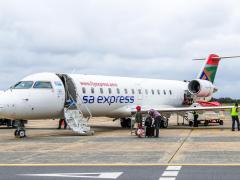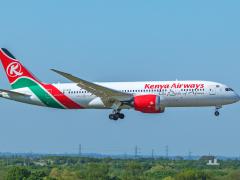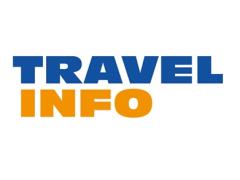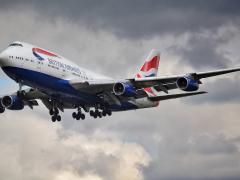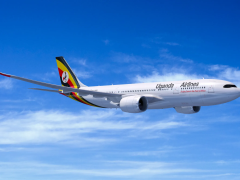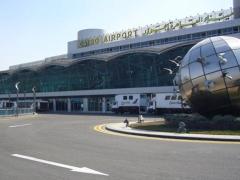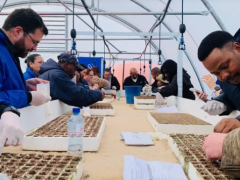With the pandemic having wiped out half of the aviation industry’s US$63bn (R882bn) annual contribution to Africa’s GDP (simultaneously putting 5m of the 7,7m jobs supported by that industry at risk), much focus has been on maintaining the survival of the industry as a whole.
So said Kamil Alawadhi, Iata’s regional vp Africa & Middle East, addressing the Ninth Annual Stakeholder Conference of the African Airlines Association – a virtual conference. He said, amid the uncertainty still in play, Iata believed that the airline industry now had a clear, effective and calculated strategy for a safe restart, and the building blocks for restart were categorised into four components:
- Financial relief
- With travel demand down by 76% globally and 70% for Africa, it was imperative to continue to support the industry financially.
- Although a few African states had supported their national airlines with almost $2,6bn (R36bn) to date, 68% of the relief was in the form of loans. This further burdened airlines with additional debt.
- The activation of the pledges to support airlines and aviation. Pledges over US$30bn (R420bn) were made by the AU and African and international development institutions to support airlines and the wider industry – these needed to be realised.
- Harmonisation and reduction of border protocols
- Safe, harmonised reopening of borders was critical for the restart of aviation in Africa. Different protocols across the continent created traveller confusion and depressed passenger traffic.
- Cost and type of tests: PCR tests, the standard tests required by most states, cost US$30-$150 (R420-R2 097) per test in Africa. This places African aviation at a significant disadvantage, as an increase of 10% in travel cost can reduce the demand at continental level by 15%.
- Harmonisation of entry and exit requirements is needed across the continent, including the validity period of the PCR test. Kamil said governments must consider as an alternative the rapid diagnostic antigen test (RDT) in situations where PCR testing was not readily available or where result turnaround time was too long.
- Digital certificates/Iata Travel Pass
- Kamil spoke of the need to embrace digital technology to facilitate and verify passenger health credentials, as more and more governments require verified testing and potentially vaccination proof, as a condition of international travel.
- He said Iata was working with the AU and African CDC to synergise the digital platforms for traveller health credentials and border requirements, ie the AU Trusted Traveller Platform and the Iata Travel Pass (an app that enables travellers to check country requirements for entry, to store and manage verified certifications for COVID-19 tests and/or vaccination, and to share their information directly with governments and airlines). He said digital health credentials were more secure and efficient than the current paper processes used to manage health requirements.
- Kamil called on African governments to provide timely and accurate updates of their health protocols and requirements, to provide digital COVID-19 test and vaccination certificates, and to accept digital test and vaccination certificates wherever possible.
- Lifting travel restrictions/opening borders
- Kamil said Africa needed open borders for a successful restart, and that Iata commended 50 African governments for already having opened their borders to international travel on the basis of pre-departure testing, which was well ahead of other regions of the world.
- However, travel restrictions imposed globally from one country on another (many based on inaccurate information), remain a significant challenge to the aviation industry.


